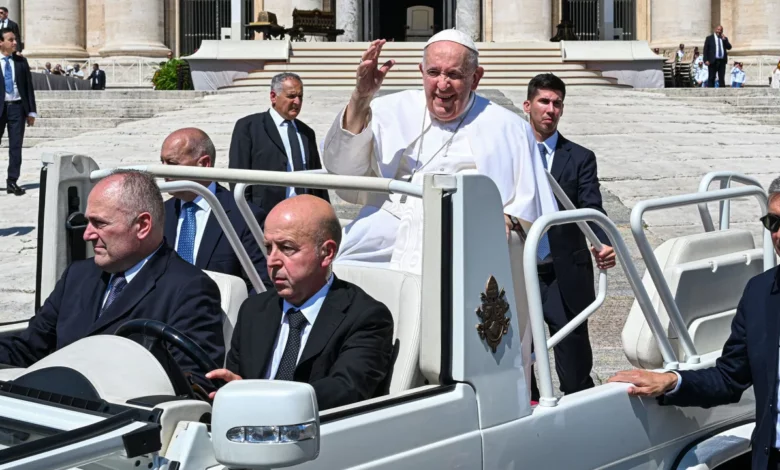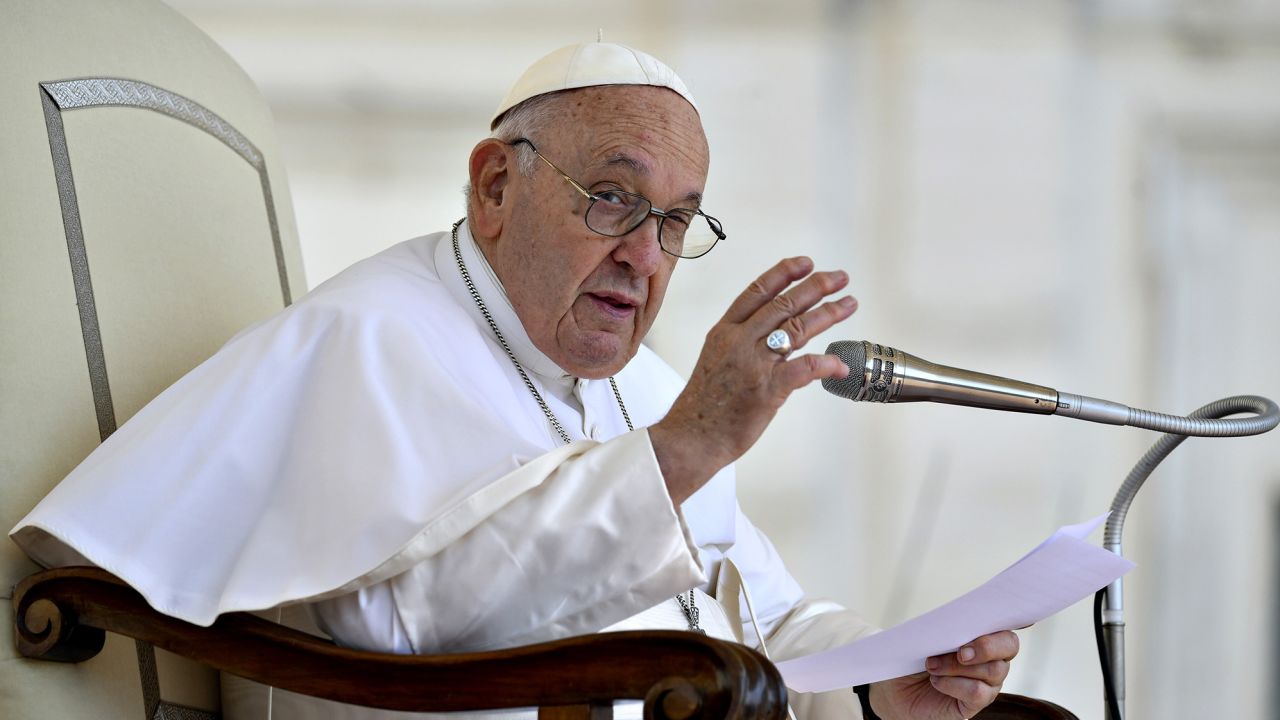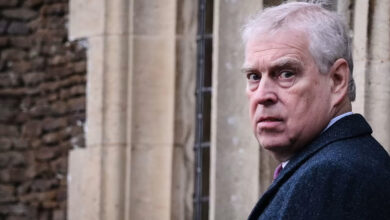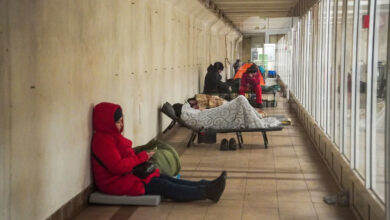
The pope was forced to cancel several work commitments in late May after he was debilitated by a fever. He was also hospitalized in March for bronchitis but responded well to antibiotics. Leaving hospital on that occasion, Francis joked that he’s “still alive.”
Technically called a laparotomy, Wednesday’s procedure involves general anesthesia and is intended to repair a hernia that the Vatican said was causing “recurrent, painful and worsening” symptoms.
According to medical sources, the intervention is likely related to the surgery Francis experienced in 2021 to remove half of his colon.
The Vatican spokesman, Matteo Bruni, added the pope was expected to make a “full functional recovery.”

In addition to his colon surgery two years ago, Francis had part of one lung removed after a severe bout of pneumonia as a young man. More recently, in 2019, he underwent ocular surgery at Rome’s Clinic of Pius XI to treat a cataract. He has also struggled with chronic sciatica pain.
Over the past year, he experienced knee troubles that have largely confined him to the use of a cane or a wheelchair.
Should Francis be incapacitated for any length of time, the Vatican could find itself facing something of a constitutional crisis. There is no “vice pope” in the Catholic system, meaning someone who can exercise the pope’s authority in his absence.
The Vatican’s secretary of state, currently Italian Cardinal Pietro Parolin, can oversee routine day-to-day management, but he has no authority, for example, to appoint bishops or to create or suppress dioceses around the world.
Resignation letter was prepared
In an interview with Spanish daily ABC in December, Francis said he had already prepared a letter of resignation in the case of permanent medical incapacity shortly after his election in 2013.
Francis said he wrote the letter several years ago and gave it to then-Vatican Secretary of State Cardinal Tarcisio Bertone, who resigned in 2013.
In his first public comments about the letter’s existence, the pope was quoted as saying: “I have already signed my renunciation. The Secretary of State at the time was Tarcisio Bertone. I signed it and said: ‘If I should become impaired for medical reasons or whatever, here is my renunciation.’”
In 2013, Francis’ immediate predecessor, the late Pope Benedict XVI, made the almost unprecedented decision to resign from his position, citing “advanced age” as the reason and startling the Catholic world.
It marked the first time a pope had stepped down in nearly 600 years. The last pope to step down before his death was Gregory XII, who in 1415 quit to end a civil war within the church in which more than one man claimed to be pope.
CNN’s Delia Gallagher, Xiaofei Xu, Rob Picheta and Sophie Tanno contributed reporting.




